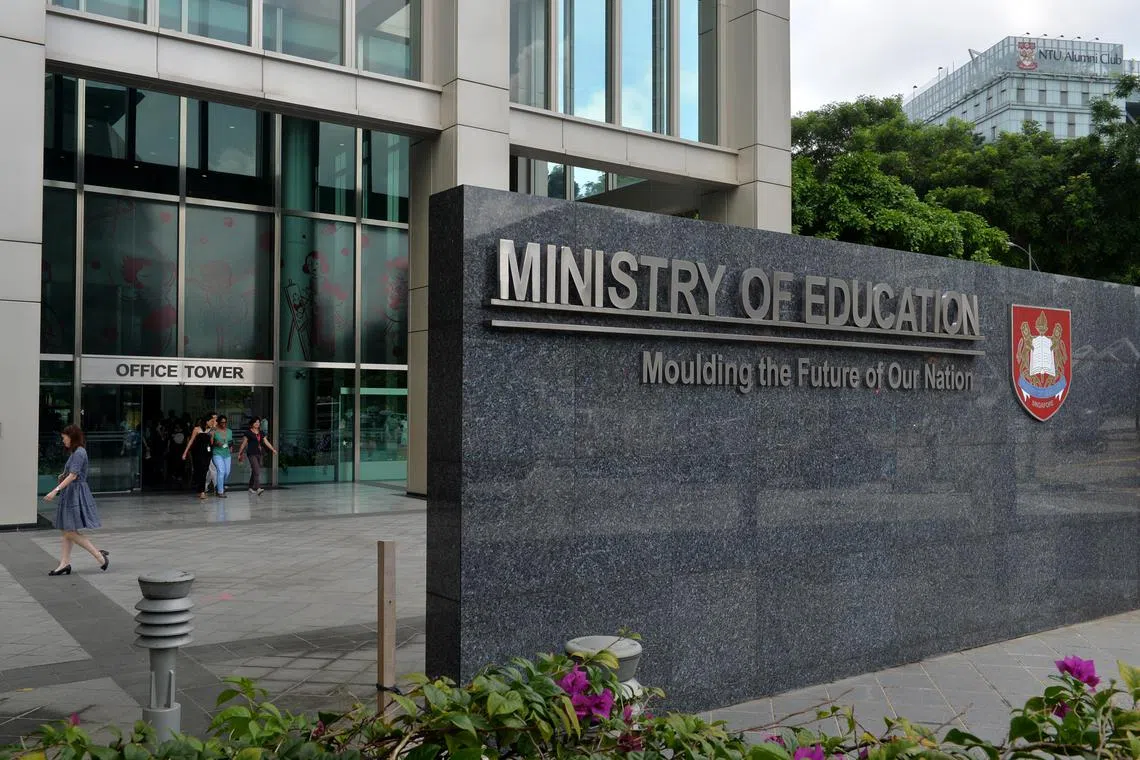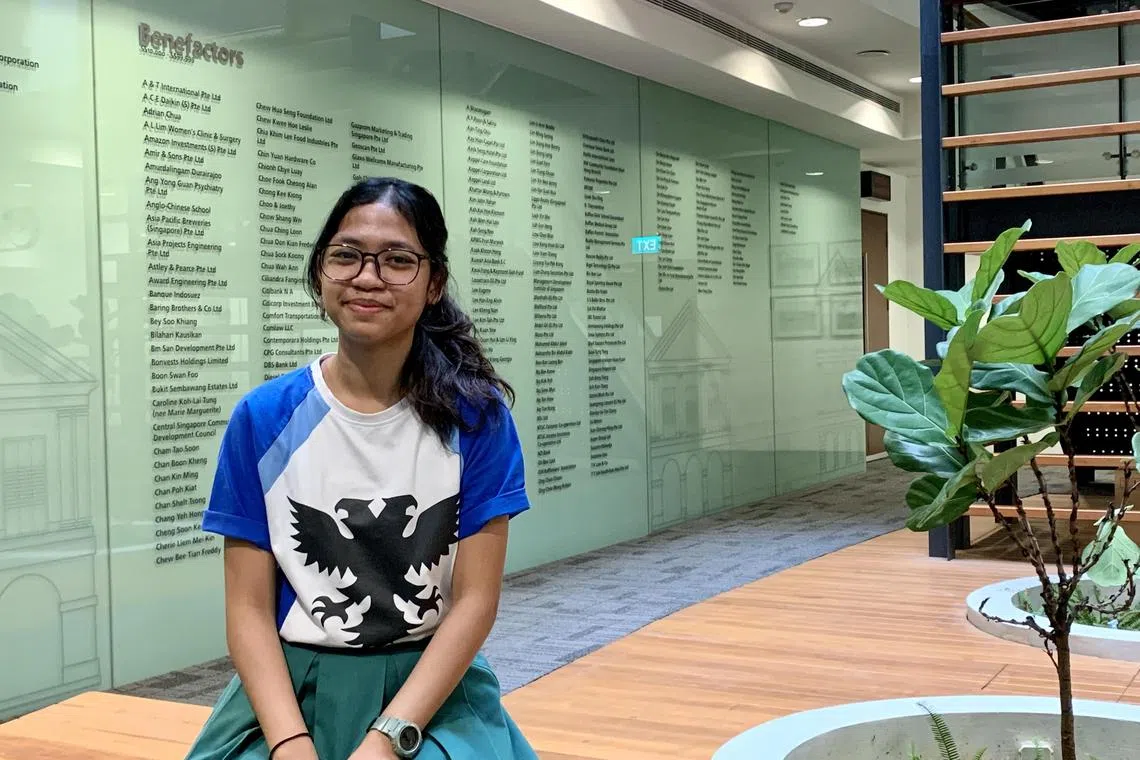More financial help for needy students to attend independent schools
Sign up now: Get tips on how to help your child succeed

The cash award for the Uplift scholarship in 2023 has gone up to $1,000, and the income eligibility ceiling has also been raised.
PHOTO: ST FILE
SINGAPORE - Students from lower-income families attending independent or specialised independent schools will receive more support to cover out-of-pocket expenses.
Under the Uplift Scholarship, introduced by the Ministry of Education (MOE) in 2019, students will receive a cash award of $1,000 from 2023, up from $800 before.
The income eligibility ceiling for the scholarship will also be raised to a monthly gross household income of $4,400 or per capita income of $1,100, up from $2,750 and $690 previously. The scholarship is only for Singapore citizens.
In a statement on Monday, MOE said that with the enhancements, an additional 230 students will benefit annually. Currently, about 470 students receive the scholarship each year.
In a Facebook post, Education Minister Chan Chun Sing wrote: “We hope that these enhancements will allow more eligible students to benefit from the Uplift Scholarship and support their diverse talents.”
The scholarship is intended to provide additional financial support to students who may have reservations about applying to independent or specialised independent schools due to financial concerns.
It is part of efforts to increase diversity
There are eight independent schools – Anglo-Chinese School (Independent), Hwa Chong Institution, Methodist Girls’ School, Nanyang Girls’ High School, Raffles Girls’ School, Raffles Institution, Singapore Chinese Girls’ School and St Joseph’s Institution; and four specialised independent schools – NUS High School of Mathematics and Science, School of Science and Technology, School of the Arts and Singapore Sports School.
Other forms of financial support available for students from lower-income families in these schools include the MOE Independent School Bursary (ISB) and school-based financial assistance scheme. The ministry said it will continue to regularly review the support for students from lower-income households and make enhancements where necessary.
MOE said the latest changes will apply to all existing and new Uplift Scholarship recipients from 2023. Schools will identify and grant eligible students the scholarship automatically if they qualify and are already receiving certain fee subsidies under the ISB.
Raffles Institution student Putri Nur Dini Abdil Rahim, 18, who received the Uplift Scholarship in 2022, said it helped her pay for supplementary guidebooks.
“It relieved some of the burden for my mother because she knows I have access to these optional materials,” said Putri, whose mother is a teaching assistant at an international school and singlehandedly raised Putri and her younger brother.
“Every scholarship and bursary I’ve received since primary school, my mom taught me to save as much as I could. I hope it can help me with university expenses.”

Raffles Institution student Putri Nur Dini Abdil Rahim, who received the Uplift scholarship in 2022, said the award helped her pay for supplementary guidebooks for extra practice.
PHOTO: RAFFLES INSTITUTION
Putri, who is taking both English and Malay literature, is interested in languages and hopes to become a teacher.
NUS High School student Jayden Goh, 16, who has been a recipient of the Uplift Scholarship since 2020, said it has helped him with transport costs, on top of expenses for extra learning materials.
His interest in mathematics began in Primary 1. “My mom introduced me to mathematics, and I got excited about it. I like that it challenges me and the problem-solving part of it,” said Jayden, whose younger brother is also in NUS High School.
Their father is a property agent and private-hire driver, and their mother oversees cashier staff at a supermarket.
“They encouraged me to do my best for the direct school admission for NUS High and told me not to worry about finances,” said Jayden, adding that the school has helped him grow and step out of his comfort zone.
“In primary school, I used to be quite shy. But I’ve since taken on leadership positions and learnt to be more open to meeting new people and leading others.”



